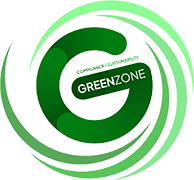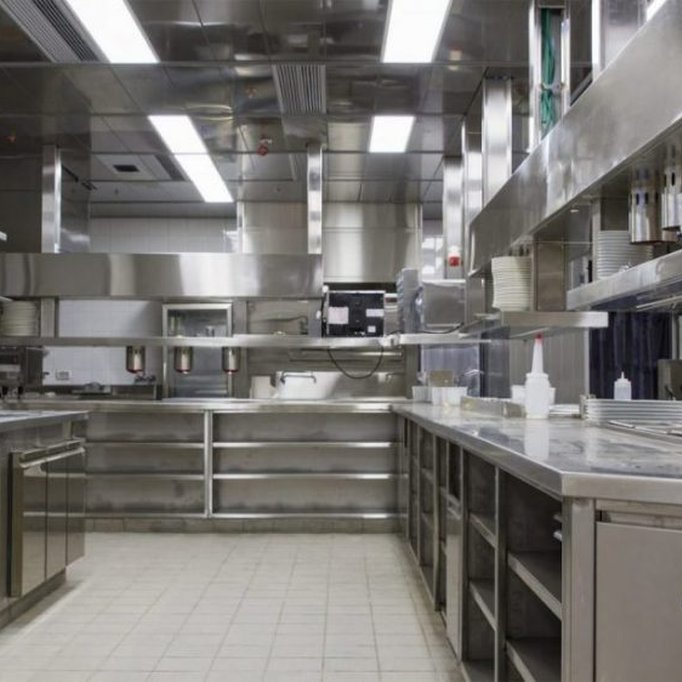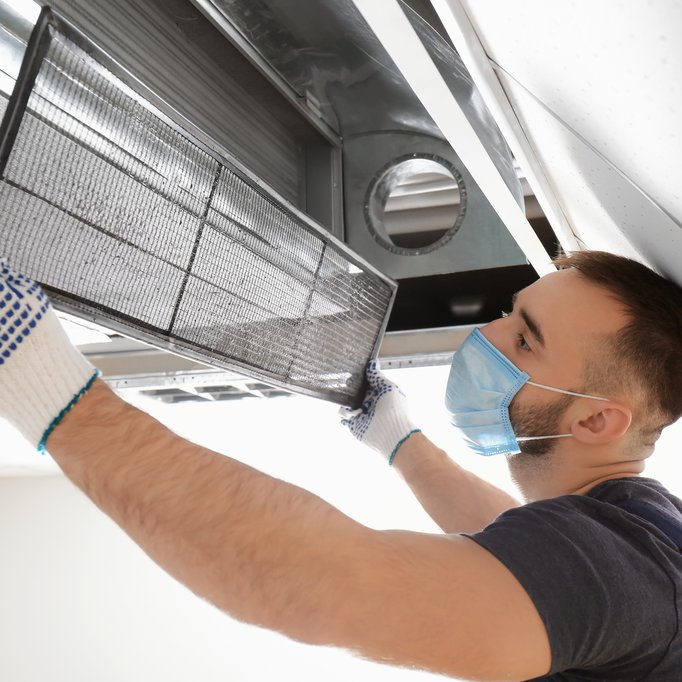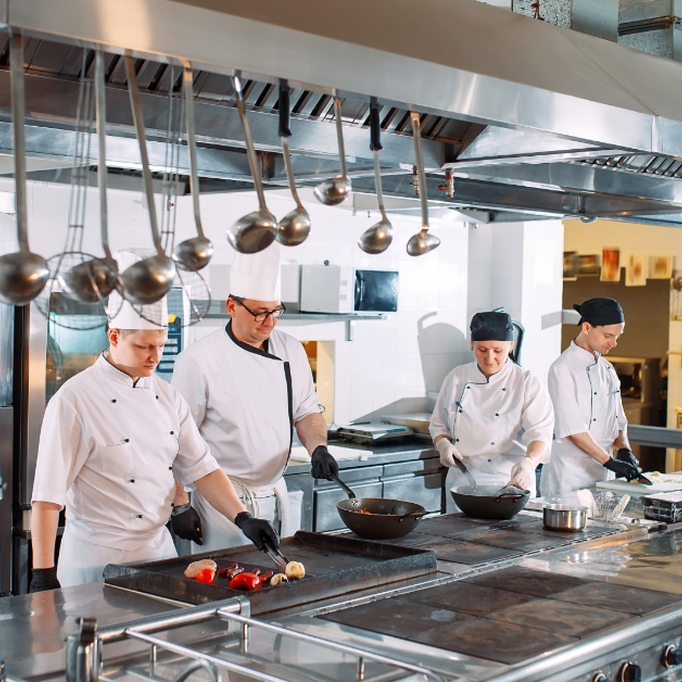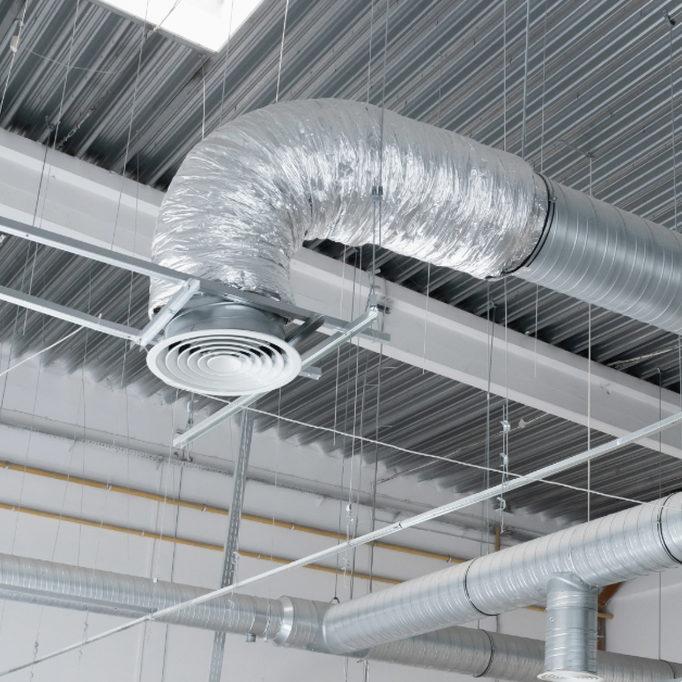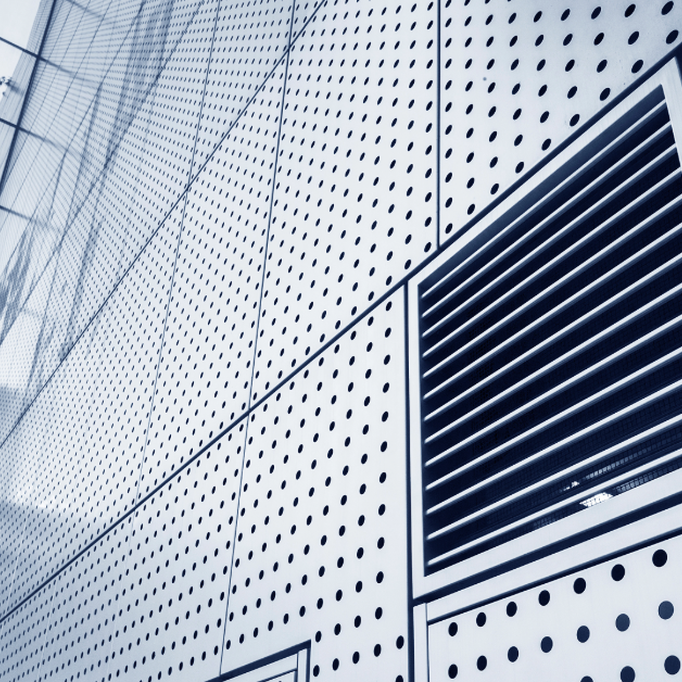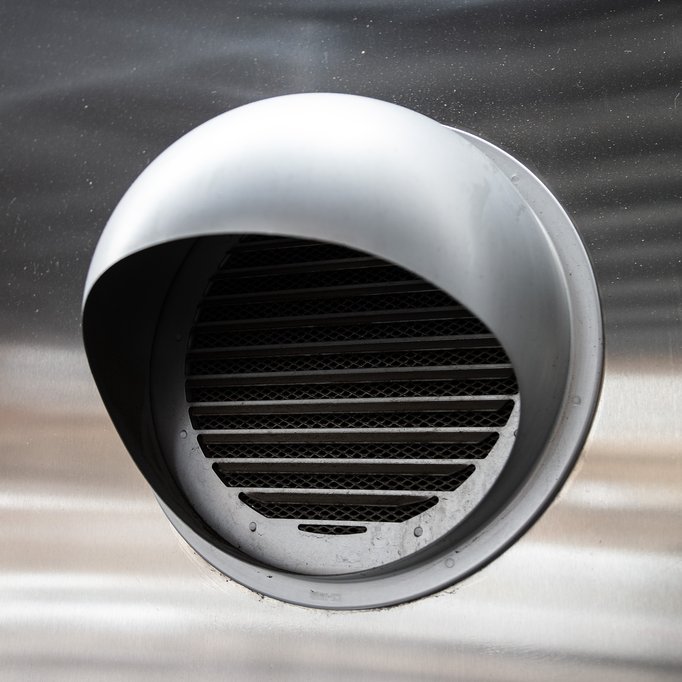Professional TR19 Duct Cleaning is a comprehensive process which consists of a thorough inspection of the entire duct system, including the fan, fire barrier, outlet, ductwork, and impellers. All associated parts, such as grease filters, cowling, and access panels are removed and cleaned with care. Replacement of any defective or worn out parts is also included in the procedure, in order to optimise the system's performance.
For commercial and industrial building owners and facilities managers, adhering to TR19 Duct Cleaning guidelines is essential for maintaining a safe, healthy, and efficient environment for occupants. Regular cleaning ensures that the ventilation system operates optimally, providing clean air and contributing to the overall well-being of building occupants.
Green Zone Surveys are experts in meeting the TR19 standards developed by the BESA . We use the latest technology and methods to clean grease traps, ductwork systems, and kitchen extraction.
For more information or a free quote, call us on 0344 499 7574 or email info@greenzonesurveys.com.
